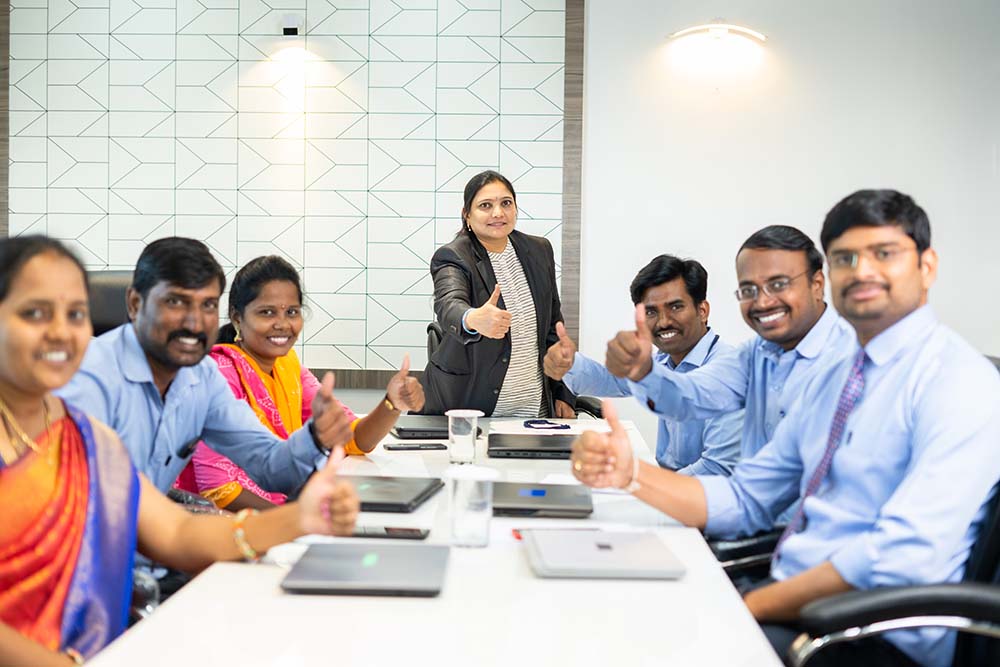In today's rapidly evolving global landscape, organisations are recognising the critical importance of diversity, equity, inclusion, and belonging within their workplace cultures. Making the workplace fair and welcoming for everyone is important and has emerged as a strategic imperative for organisations striving for sustained success and competitiveness.
It's not just about saying the right things – it's about taking actions that show we value diversity, fairness, and everyone feeling like they belong.
By embracing diversity in all its forms and fostering an environment where every individual feels valued, respected, and empowered, companies can unlock untapped potential, drive innovation, and create a harmonious workplace where everyone thrives.
By following these simple steps, organisations can make workplaces more diverse, fair, and inclusive places.
Bring in Diverse People:
To make our workplace better, workplaces need to find talented people from different backgrounds, and shouldn't just look in the same places. Encourage hiring managers and leaders to think beyond conventional avenues and explore fresh strategies for recruiting diverse candidates. Collaborate with specialised recruitment agencies and organisations dedicated to diversity to tap into broader networks. Shift the focus from traditional qualifications to prioritise the relevant skills and experiences essential for each role.

Create a Safe Place:
Companies need to make sure everyone feels safe to be themselves at work and nurture an environment where all employees can authentically express themselves without apprehension of judgment. They also need to initiate discussions that foster understanding and empathy among colleagues and talk openly and be curious about others. They can also consider establishing platforms where employees can share their personal narratives, contributing to a heightened appreciation of the diverse fabric of the workforce.
Make Resources Available:
Companies need to work together for change, for which they can have special teams or people to guide us on diversity and inclusion. Should resources be limited, advocate for opportunities in learning and development, training materials, and employee affinity groups that encourage inclusiveness, and guarantee that the responsibility is shared and that marginalized groups are not solely burdened with this task.

Encouraging Accountability:
Organisations need to should show their commitment to diversity by taking real steps, and set clear goals and providing the resources to achieve them. These discussions need to be integrated into performance evaluations and acknowledge those actively contributing to positive change. What can be additionally done is, companies can encourage leaders to base policies, practices, and benefits on data-driven insights, ensuring that progress is not only discussed but also quantified.
Celebrate Successes and Learn from Mistakes:
The journey will involve both accomplishments and setbacks. Organisations should talk openly about what we're doing well and what needs improvement. By fostering an environment where triumphs and failures are openly discussed, you foster a culture of continuous enhancement.

Cultivating Curiosity, Not Critique:
We need to be patient as we make changes. We should learn from each other and change our behaviours. One of the most important steps is to foster curiosity and empathy in interactions with colleagues. It’s important to recognise the efforts are a gradual process, demanding understanding, patience, and introspection. Promote candid dialogue and learning by actively seeking diverse perspectives. Instead of criticizing, managers need to ask questions and listen. It's important to know that everyone learns at their own pace and respect the pace of each.
